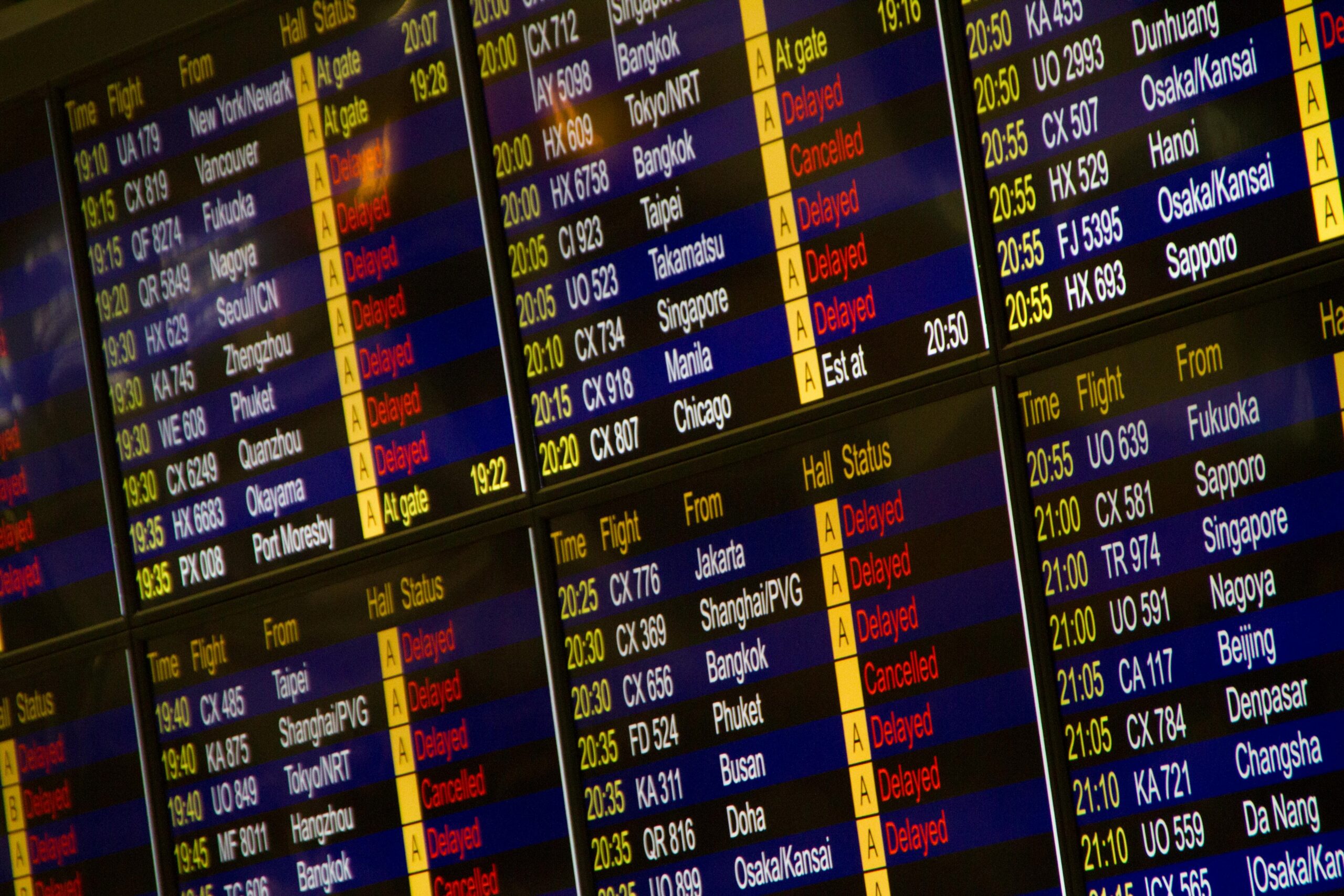HSBC has proposed an overhauling of its financing of coal, and set targets for the cutting of its exposure to carbon-intensive assets, fending off a shareholder revolt.
Under its resolution, backed by its board, the bank will commit to set short and medium-term science-based targets to align its financing activities with the Paris Agreement.
This will start with oil, gas, power, and utility companies in 2021, before being expanded to other sectors in 2022.
The bank’s climate change plans come after a coalition of the bank’s shareholders submitted a resolution calling for it to curtail its financing of fossil fuels ahead of its May annual meeting.
Following negotiations between the bank and the group of investors, HSBC said it will put forward its own proposal at the meeting, and the shareholders said they will withdraw their resolution.
The bank pledged to report on the process of its climate change efforts on an annual basis.
CEO Noel Quinn commented “this represents an unprecedented level of co-operation between a bank, shareholders, and NGOs on a critical issue, with a positive outcome for all”.
Furthermore, he said the bank was “delighted to be setting out the next phase of [its] net zero strategy”.
As part of the strategy, HSBC said it will end its financing of coal mining and coal-fired power plants in the European Union and countries that make up the Organisation for Economic Cooperation and Development (OECD) by 2030, and by 2040 elsewhere.
It said it plans to reduce carbon emissions to net zero in its loan portfolio by 2050.
Trump’s 20% tariffs on EU imports: Limited direct impact on Malta, but potential indirect effects
Industries like iGaming may now reconsider moving to the US, reinforcing Europe’s position as a hub
European airlines push to cut compensation for delays under 5 hours
The regulation currently covers up to 3 hours of delay
KM Airlines abandons Catania schedule for winters
Flights will operate during peak summer months






